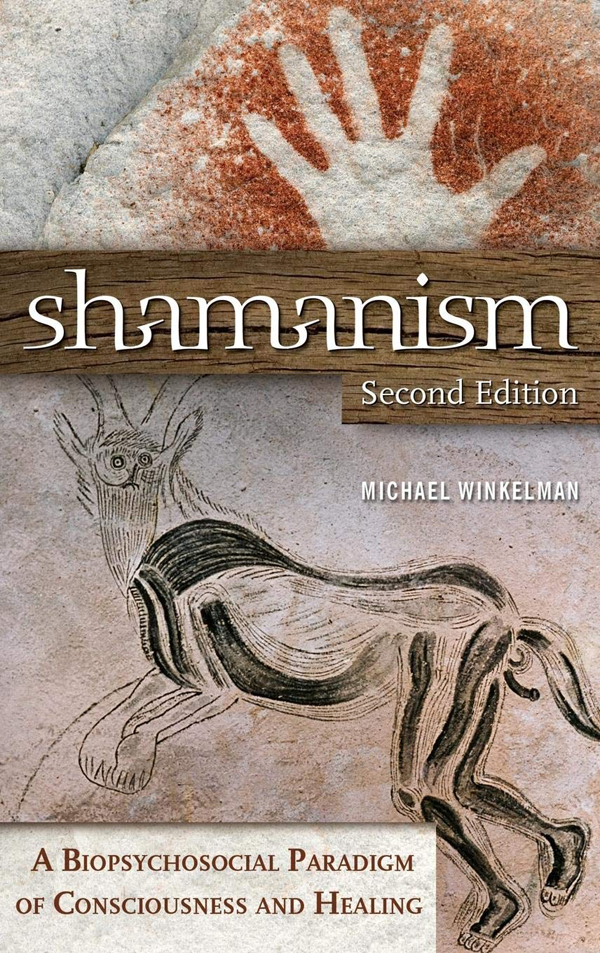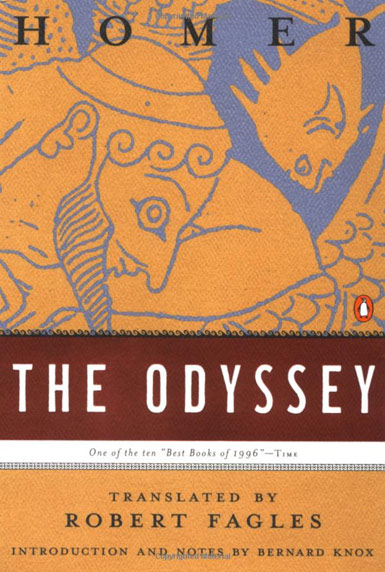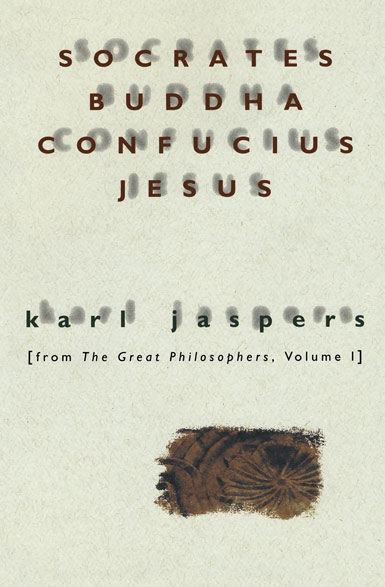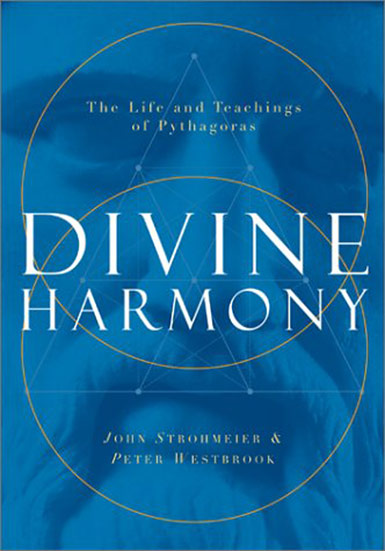
Shamanism
A Biopsychosocial Paradigm of Consciousness and Healing
Second edition
By Michael Winkelman
This book examines shamanism from evolutionary and biological perspectives to identify the origins of shamanic healing in rituals that enhance individual and group function.
What does the brain do during “soul journeys”? How do shamans alter consciousness and why is this important for healing? Are shamans different from other kinds of healers? Is there a connection between the rituals performed by chimpanzees and traditional shamanistic practices?
All of these questions—and many more—are answered in Shamanism, Second Edition: A Biopsychosocial Paradigm of Consciousness and Healing. This text contains crosscultural examinations of the nature of shamanism, biological perspectives on alterations of consciousness, mechanisms of shamanistic healing, as well as the evolutionary origins of shamanism. It presents the shamanic paradigm within a biopsychosocial framework for explaining successful human evolution through group rituals. In the final chapter, the author compares shamanistic rituals with chimpanzee displays to identify homologies that point to the ritual dynamics of our ancient hominid ancestors.
Category: Axial Age Thought
Subjects: human consciousness, religion, shamanism
- All Books by Section
- Our Contributors' Book Reports
- Books Referenced in Human Journey Sections:
- Journey of the Human Mind
- Discovering Our Distant Ancestors »
- The Evolution of Language
- Ideas that Shaped Our Modern World »
- Paleolithic Beginnings
- Connecting with the Gods
- Axial Age Thought
- Origins of Christianity
- Origins of Islam
- The Journey of Classical Greek Knowledge to the Western World
- Stories and Storytelling
- Tools and the Development of Contemporary Society »
- A Sustainable Planet
- The Changing World Economy »
- Health and Education in the Modern World »
- Our Mind in the Modern World »





